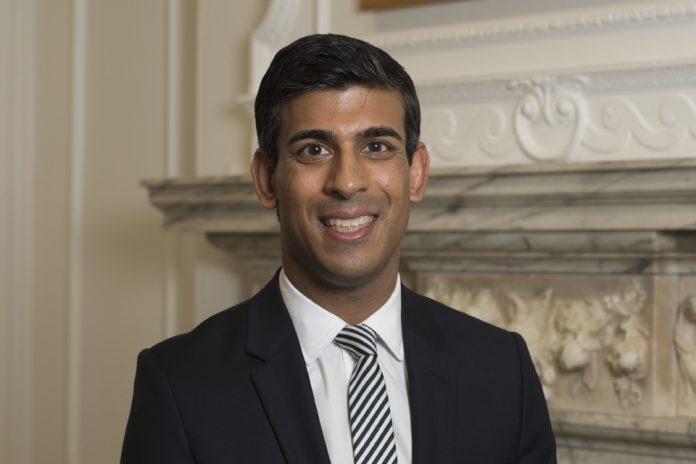Chancellor Rishi Sunak’s spending review has been described as a ‘catastrophe’ for the social care sector.
He told the House of Commons local authorities would have extra flexibility for council tax and the adult social care precept, which together with £300m of grant funding would give them access to an extra £1bn.
Describing ‘long-term scarring’ to the economy because of the pandemic, he said the UK was forecast to borrow £394bn this year, equivalent to 19% of gross domestic product. ‘The highest recorded level of borrowing in our peacetime history,’ he said.
However, representative groups have been left angered by the lack of funds for the social care sector.
Vic Rayner, National Care Forum executive director, described the spending review as a ‘catastrophe’ and ‘completely and wholly inadequate’, while Michael Voges, executive director of ARCO, said the £1bn was ‘a very large sticking plaster’ that would help stop the bleeding but would ‘not heal a social care system in need of major surgery’.
United Kingdom Homecare Association’s policy director Colin Angel described the announcement as ‘exceptionally disappointing’. He said: ‘The often-promised and much-needed reform of adult social funding must not be delayed further. As citizens, we all need to know what the state will provide and what we must prepare for ourselves.’
While welcoming the extra money, Care England chief executive Professor Martin Green said: ‘Care England hopes that the government makes good on its promise to bring forward proposals next year on its commitment to sustainable improvement of the adult social care system. This cannot wait any longer. If we thought 2020 was hard, unfortunately we have worse to come.’
Cllr Judith Blake, chair of the Local Government Association’s children and young people board, said the extra money would not on its own be enough ‘to tackle the significant challenges facing children’s social care which was already under strain prior to the pandemic as a result of increasing demand and long-term funding reductions.’
The chancellor also announced the National Living Wage would go up by 2.2% to £8.91 an hour and extended to those aged 23 and over.








 ©2024 All rights reserved LaingBuisson
©2024 All rights reserved LaingBuisson 


